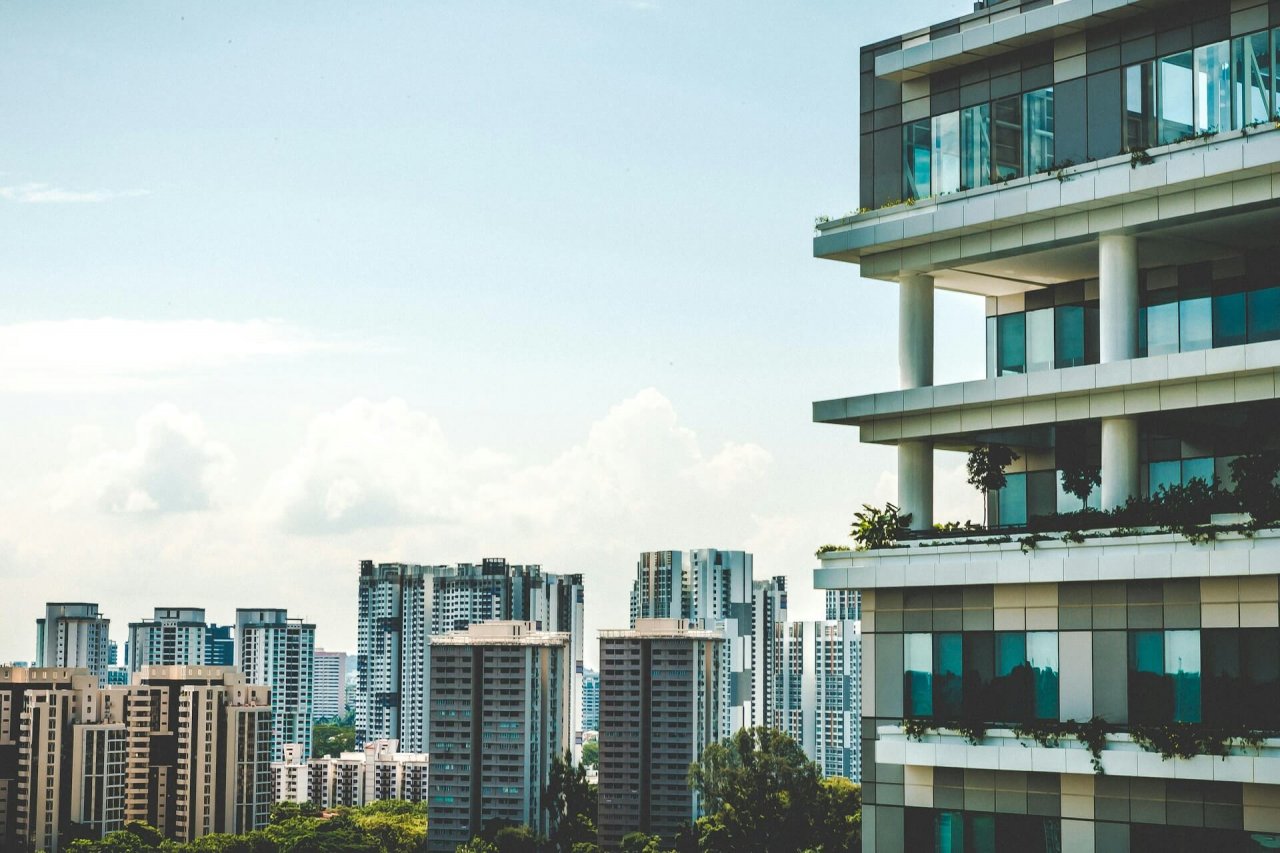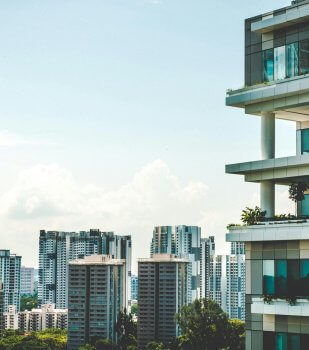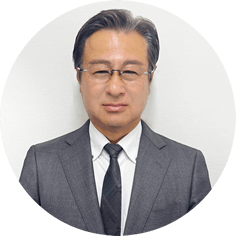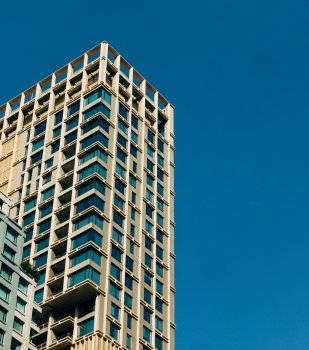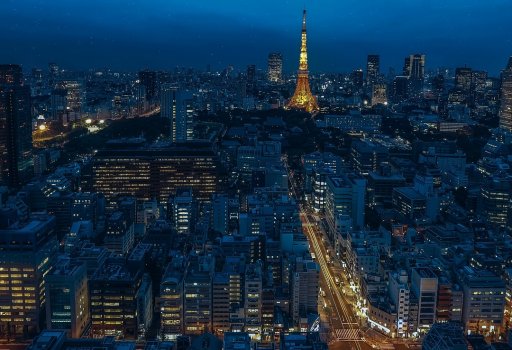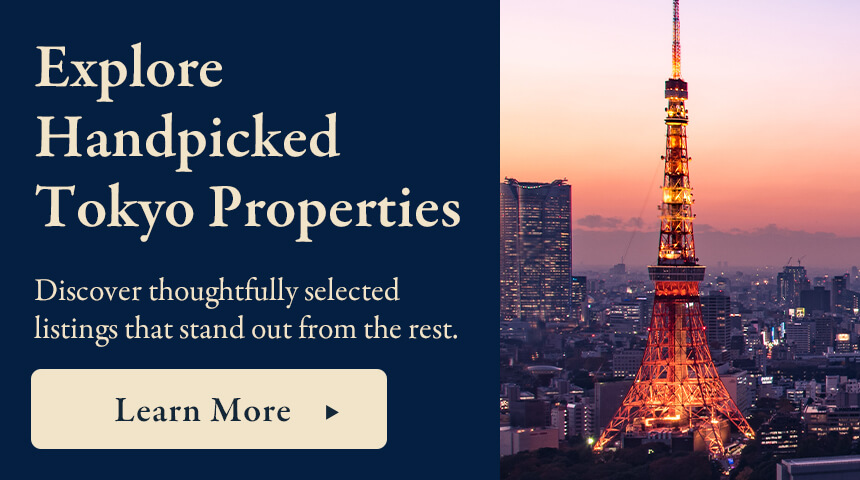Are you moving to Japan on a long-term assignment and looking for an apartment in Tokyo, but unsure of what rental costs you’ll face?
When renting an apartment in Tokyo, you’ll come across a number of costs unique to Japan—like key money, which can be surprising for many foreigners.
That’s why it’s important for anyone relocating to Tokyo on an overseas assignment to be well-prepared by understanding not only the monthly rent but also the various upfront and hidden costs involved.
In this article, we’ll break down 11 types of costs commonly incurred when signing a rental contract in Tokyo.
We’ll also explain how much you can expect to pay on a monthly basis once you move in. Let’s dive in!
11 Types of Costs When Renting an Apartment in Tokyo
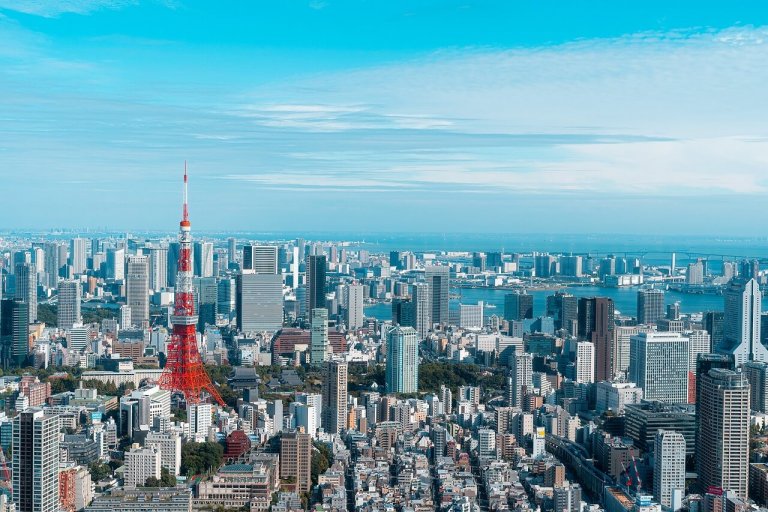
The following is a list of the 11 typical costs involved in renting a property in Tokyo:
- Security Deposit (shikikin)
- Key Money (reikin)
- Advance Rent
- Prorated Rent
- Agency Fee
- Fire and Liability Insurance
- Guarantor Company Fee
- Key Exchange Fee
- Renewal Fee
- Parking or Bicycle Storage Fee
- Deodorization Fee (upon moving out)
Here is a breakdown of each cost category:
Security Deposit (Shikikin)
The security deposit is a refundable amount paid to the landlord via a real estate agent at the start of the lease.
It’s used to cover unpaid rent or damage to the property beyond normal wear and tear.
If no issues arise, the deposit is refunded when you move out.
The standard deposit amount ranges from 0 to 4 months’ rent, and some listings may not require a deposit at all.
Key Money (Reikin)
Key money is a non-refundable payment made to the landlord as a gesture of gratitude for renting out the property.
Its origins date back to post-Great Kanto Earthquake times, when finding housing was difficult and tenants would thank landlords with money.
While fewer properties now require key money, it’s still common, and you should expect to pay around 1 to 2 months’ rent.
Advance Rent
In Japan, rent is usually paid in advance.
When signing the lease, you will typically be required to pay the rent for the following month upfront.
Going forward, rent is usually due between the 25th and the last day of each month.
Prorated Rent
Prorated rent is calculated from the day you move in until the end of that month.
For example, if your lease begins on March 20, you’ll pay rent from March 20 to March 31.
Note: some landlords calculate prorated rent based on the actual number of days in the month, while others assume 30 or 31 days.
Agency Fee
The agency fee is a commission paid to the real estate agent for facilitating the rental process.
Agents provide services like property selection, tenant screening, and contract paperwork.
Typically, this fee amounts to 0.5 to 1 month’s rent + consumption tax, though it can vary.
Some properties owned or managed directly by agencies may offer reduced agency fees.
Fire and Tenant Liability Insurance
This insurance is usually mandatory in Japan when renting an apartment.
It covers damages to your personal belongings in case of fire and provides tenant liability protection.
Premiums vary depending on the coverage, so be sure to check with your real estate agency for details.
Guarantor Company Fee
Instead of a personal guarantor, many rentals now require tenants to use a guarantor company.
These companies cover unpaid rent if the tenant defaults.
The initial fee typically ranges from 0.5 to 1 month’s rent, and you may also have to pay a yearly renewal fee of around ¥10,000.
Key Exchange Fee
This is the cost of replacing the apartment’s locks and keys when you move in.
Changing locks is recommended for security reasons, as previous tenants may have made spare keys.
Costs depend on the type of lock, but the average range is ¥10,000 to ¥30,000.
Renewal Fee
A renewal fee is charged when extending the lease beyond the original term.
Even in luxury rentals, this fee is common and usually equals one month’s rent.
Additional costs such as administrative fees or document preparation charges may also apply, so confirm the terms when signing the lease.
Parking or Bicycle Storage Fee
Fees for car and bicycle parking are typically separate from rent and charged monthly.
In luxury buildings, secure parking such as indoor, flat, or mechanical garages may be available.
Prices usually range from ¥20,000 to ¥50,000 per month.
Bicycle parking may cost a few hundred yen to ¥2,000/month, depending on the facilities. Check availability in advance if needed.
Deodorization Fee (Upon Moving Out)
This fee covers the cost of removing odors (e.g., from pets, smoking, or everyday living) before the next tenant moves in.
Luxury rentals often hire professional cleaning companies for this, especially in pet-friendly or smoking-allowed units.
Fees typically range from ¥30,000 to ¥50,000, but may be higher depending on the severity and scope.
Always confirm the terms in the lease agreement.
How Much Are Initial Costs When Renting in Tokyo?
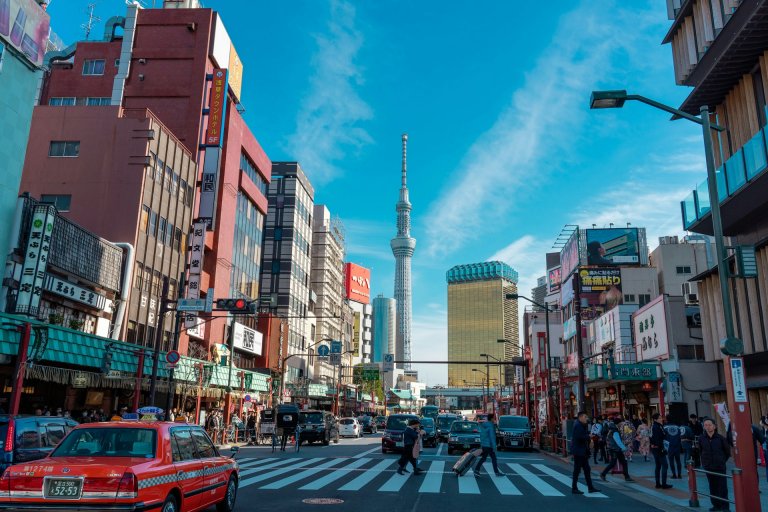
If you’re relocating to Japan for work, the initial move-in costs when renting in Tokyo are typically around 4.5 to 5 months’ rent.
In addition, you should budget for relocation expenses, as well as furniture and appliance purchases in Japan.
Here’s a general price guide for common items:
| Item | Estimated Cost (JPY) |
| TV | ¥150,000+ |
| Refrigerator | ¥200,000+ |
| Rice Cooker | ¥25,000+ |
| Microwave | ¥15,000+ |
| Vacuum Cleaner | ¥15,000+ |
| Washing Machine | ¥80,000+ |
| Hair Dryer | ¥5,000+ |
| Double Bed | ¥70,000+ |
| Sofa | ¥35,000+ |
| Dining Table & Chairs | ¥32,000+ |
Plan your budget with some buffer room to ensure a smooth transition when relocating to Japan.
Monthly Living Costs in a Tokyo Rental Apartment
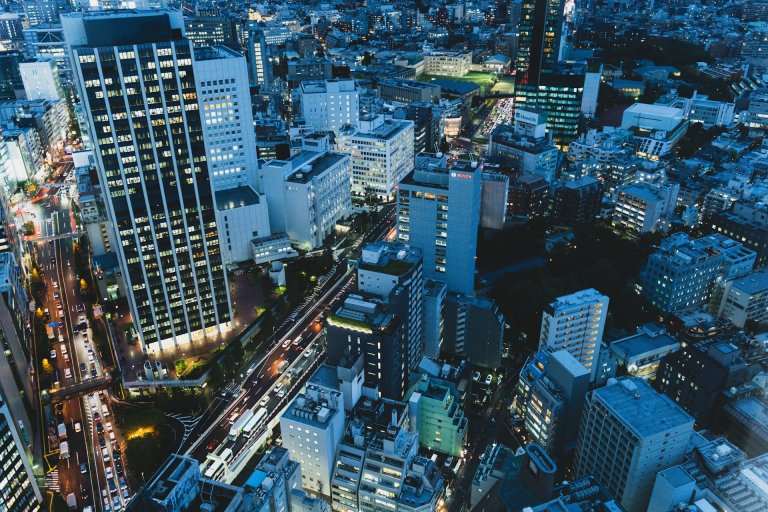
Monthly expenses for an overseas assignee renting in Tokyo will vary depending on location and size, but here are the typical categories:
- Monthly Rent
- Management/Common Area Fees
- Parking Fees
- Utilities (Electricity, Gas, Water)
- Internet & Communication Costs
- Other Living Expenses (e.g., groceries)
Management and common area fees cover the maintenance of shared spaces like entrances, hallways, and elevators.
You’ll also need to account for utilities, internet, and food—essential costs that recur every month.
Conclusion: Renting an Apartment in Tokyo as an Expat
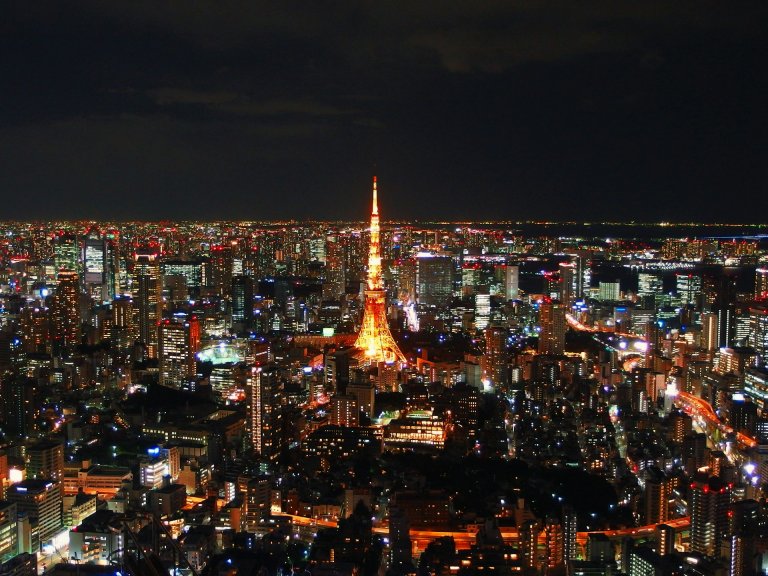
If you’re moving to Tokyo as an overseas assignee, make sure you’re aware of the 11 key costs involved in renting a property here.
At Asian Property’s APARTMENTS TOKYO, we specialize in luxury apartments for expats relocating to Japan.
You can search properties with filters such as pet-friendly, concierge service, or in-house gym to find your ideal apartment.
Our English-speaking staff can support you with property tours, area insights, and commute advice—so feel free to reach out!
Schedule a Free Consultation or Property Viewing
→ Contact Form
Receive Exclusive Property Updates & Special Campaigns
→ Newsletter Signup
